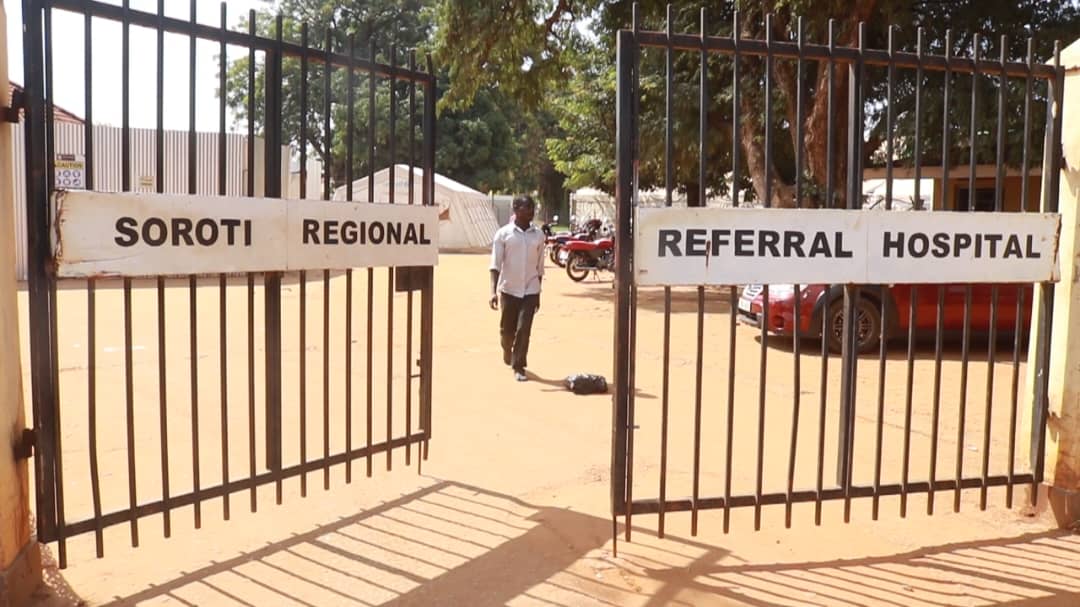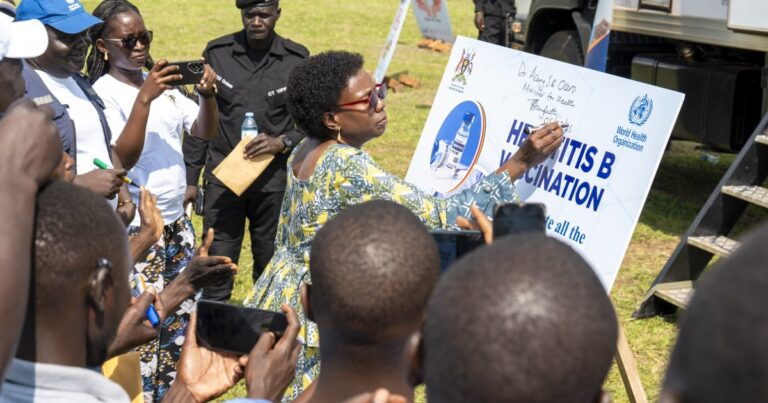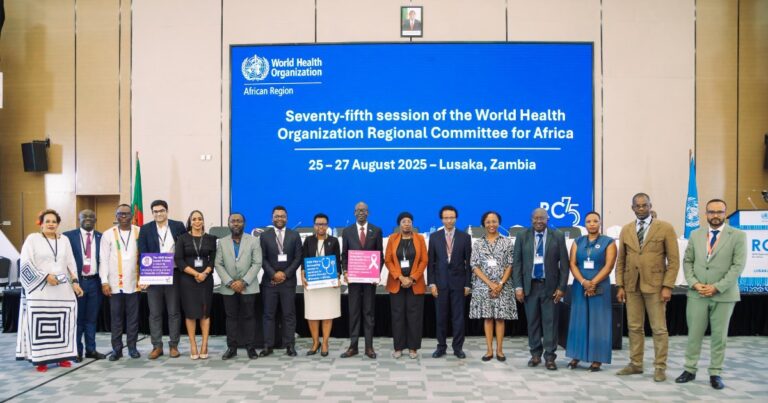Despite the Ministry of Health’s optimistic outlook on transitioning regional referral hospitals from paper-based to electronic systems, many facilities across Uganda are grappling with challenges in implementing the national e-referral system.
Dr. Daniel Kyabayinze, Director of Public Health, says the goal of the system is to enhance efficiency and improve access to specialized care by streamlining referrals and enabling seamless information sharing across government health facilities. According to him, the system allows a doctor to access a patient’s medical history from any connected facility using their National Identification Number (NIN).
The system was initially piloted at Kiruddu National Referral Hospital, where it showed promising results in archiving patient history and improving treatment tracking. However, the rollout to other regional hospitals has exposed serious gaps.
Mixed Experiences on the Ground
Some patients have raised concerns about access and integrity. At Kiruddu Hospital, a patient reported being asked to pay to receive digital copies of their test results when referred to the Uganda Cancer Institute.
“They keep test results in the computer. I had to pay UGX 100,000 to access my blood test results. Later, I was asked for another UGX 40,000 for biopsy results,” the patient told URN anonymously.
In contrast, some health administrators praise the system’s potential. At Masaka Regional Referral Hospital, Principal Administrator Charles Tumushiime said the hospital joined the e-system in 2021 through a Global Fund-supported project. Departments are now connected via a digital network, allowing quicker record tracing through unique patient IDs.
Still, many hospitals report persistent difficulties. At Lira Regional Referral Hospital, Acting Director Dr. Andrew Odur described the implementation as “a rough and bumpy start,” with little success in achieving a unified, national database for patient information.
“What works best is the in-house electronic system used in the pharmacy—names pop up with a click—but outside that, paper-based referrals remain the norm,” he explained.
In Kigezi sub-region, Kabale Regional Referral Hospital continues to operate a hybrid model. Principal Radiologist Moses Chelogoi noted that digital radiology images are now transmitted to Mulago’s Teleradiology Centre for faster interpretation, eliminating the need for physical transport. However, Laboratory Manager Jude Collins Busingye cited unstable internet and frequent power outages as major barriers, slowing data transmission and disrupting care.
A Fragmented National System
Despite the Ministry’s assurances, none of the surveyed hospitals, including Kiruddu, have managed to share patient records electronically across institutions. At Arua Regional Referral Hospital, Senior Records Officer Bosco Alionzi confirmed that their facility has never exchanged data with other hospitals through the national system, which was introduced in 2024.
Instead, Arua has resorted to alternative solutions such as using the Local Maternity and Newborn Services (LMNS) WhatsApp platform for urgent referrals and making direct phone calls to specialists. Patients still arrive at referral hospitals with hardcopy forms.
The Way Forward
Health officials are calling for a system-wide rollout that includes lower-level health facilities where most diagnoses and referrals originate. Tumushiime emphasized that having patients registered from the very first point of contact would ensure continuity and maximize the benefits of the digital system.
“If patients come from lower facilities already registered in the system, we can better streamline care and reduce congestion at referral hospitals,” he said.
Dr. Stephen Legesi Pande, Director of Moroto Regional Referral Hospital, echoed these sentiments, adding that environmental factors like weather and limited infrastructure in regions such as Karamoja continue to hinder implementation. In response, Moroto has made use of the electronic system optional and continues to rely on paper referrals, especially for patients without National IDs.
While the Ministry’s intentions are progressive, experts warn that until the e-referral system is uniformly implemented and supported by stable infrastructure, Uganda’s health sector will continue to operate in a fragmented and inefficient manner.





